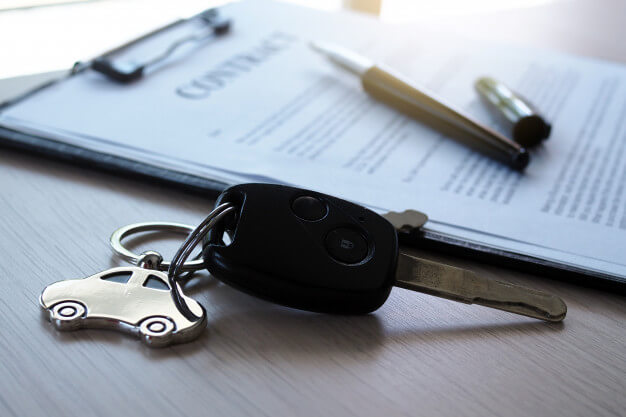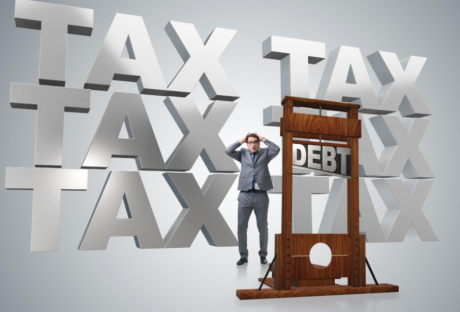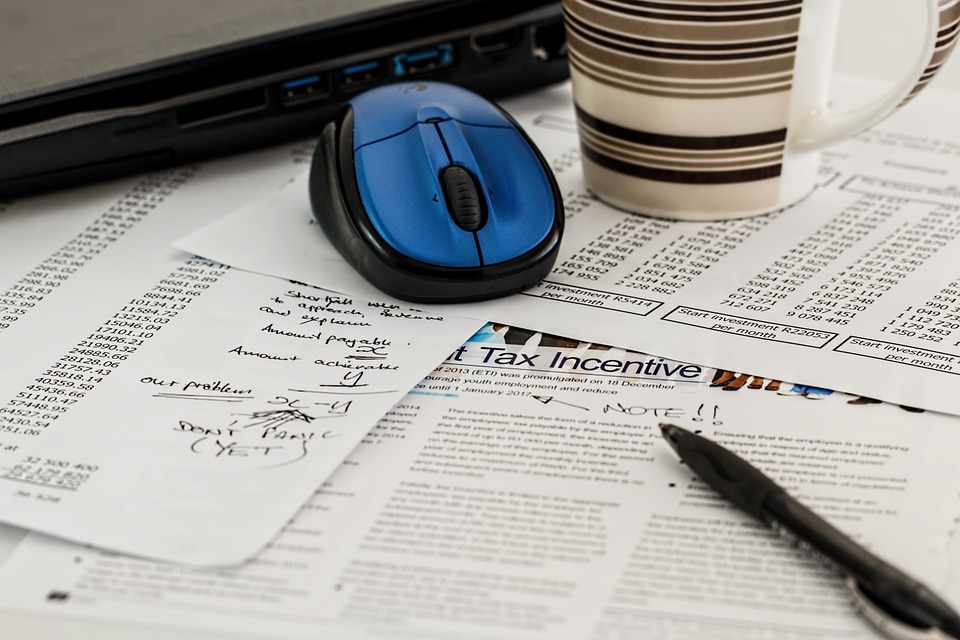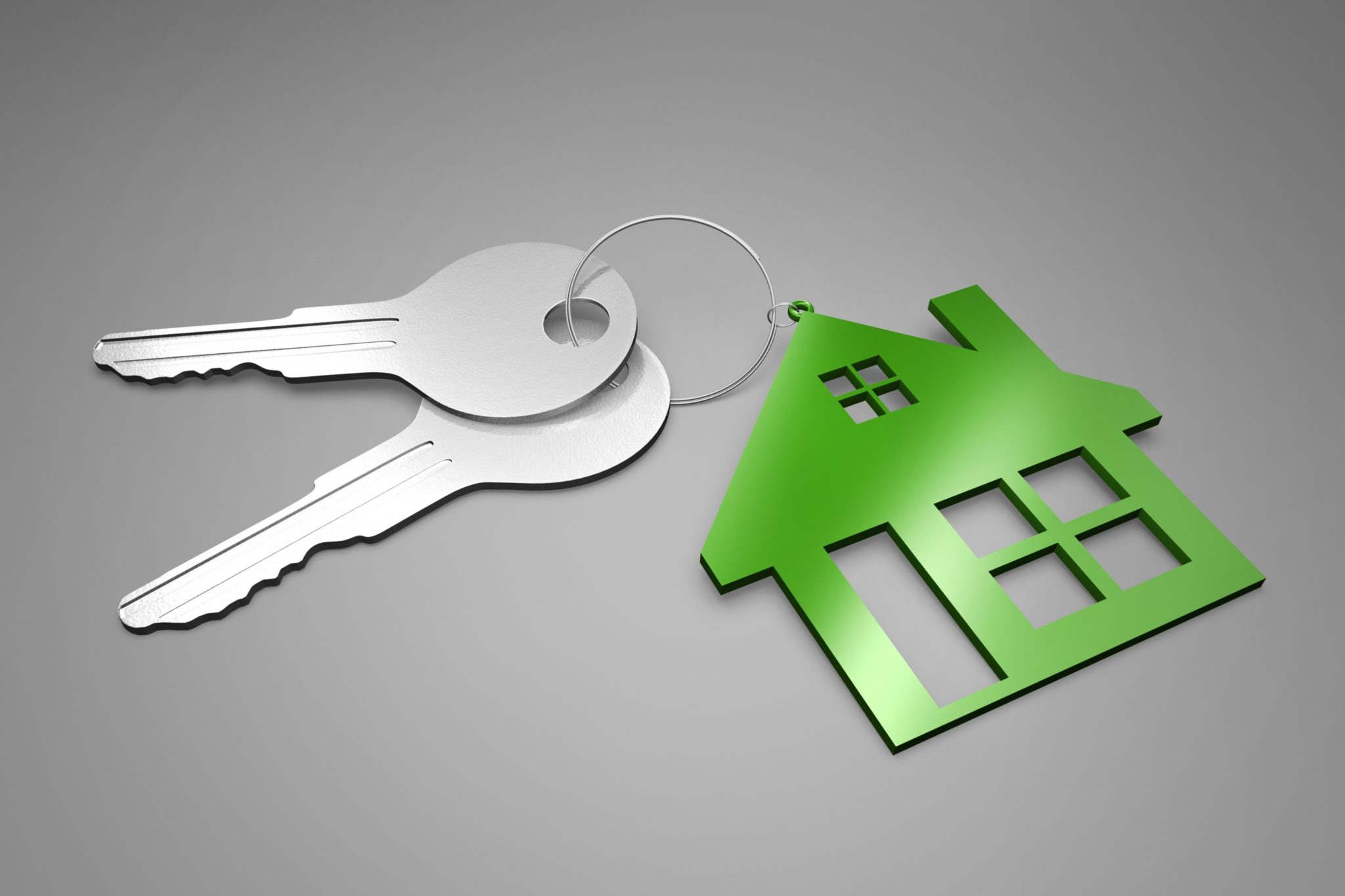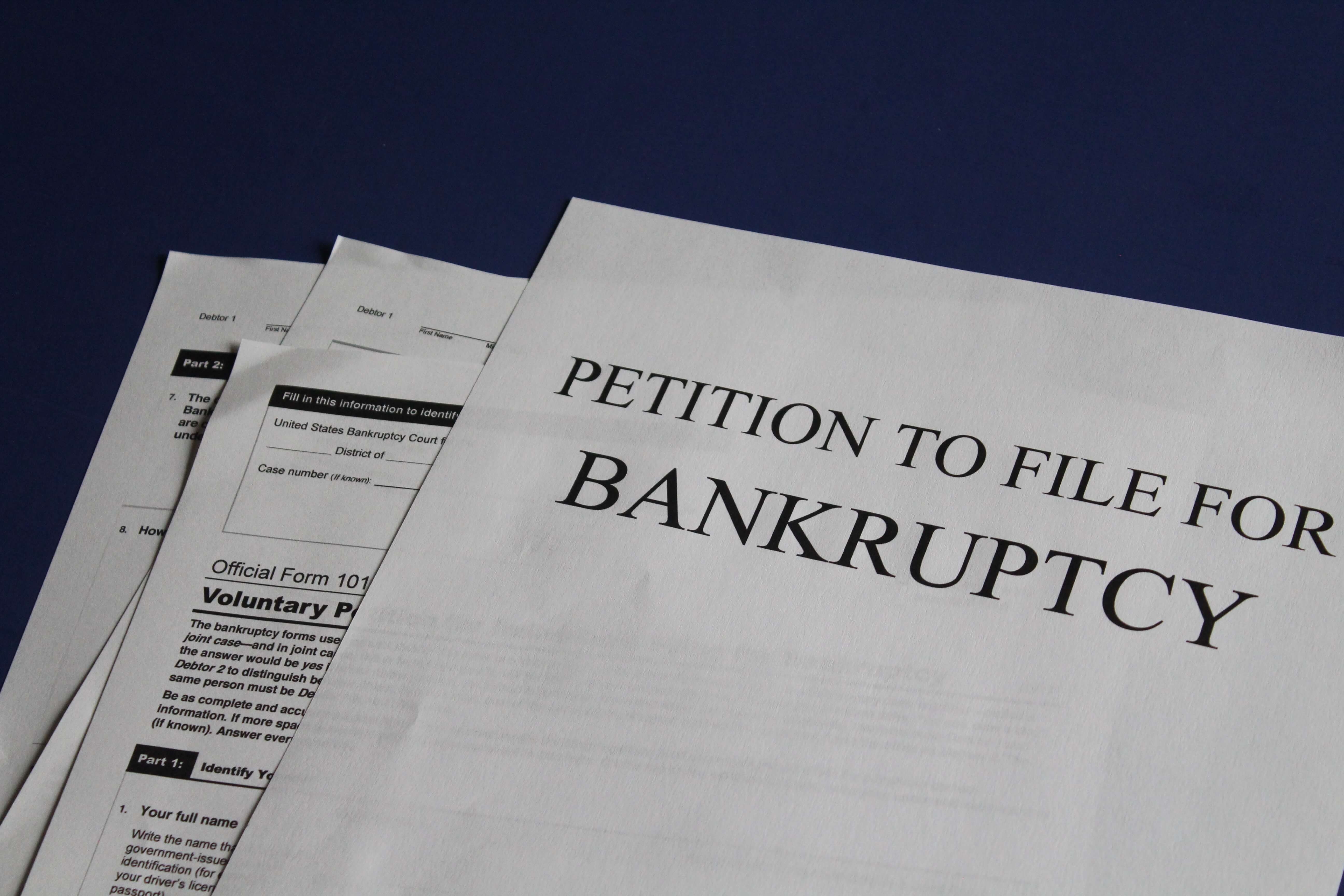A title loan is a type of a loan where an asset is given to act as collateral, popularized because of two main reasons:
- When determining your qualifications, title loans don’t put your credit rating into consideration.
- Title loans get approved very quickly for loan amounts of as little as $ 100.
This makes title loans some of the most convenient and efficient options in the lending market.
The Breakdown of A Title Loan :

A car title loan is the most common type of title loan. It’s a case where you as a potential borrower, you are obliged to be in possession of car outright and sign the title over to an auto loan title company. The loan company will allow you up to 25% of the value of the car to the borrower and then retain the car’s title as collateral in case you breach the repayment agreement.
It’s worth noting that the amount you want to borrow must always be put into consideration. The value of your car or the commonly called – equity in the value will set the limit of the amount of money you can borrow. If your car has a high value, so will be your title loan.
The lenders will in most cases lend you money they are sure they can get it back easily if they were to sell your car in case you default the payment.
With car title loans, there are no prepayment penalties, so it’s okay and not costly if you want to pay off your loan earlier.
Be Careful of Rolling Over :
A lot of title loan cases end up in rolling over. This means that you decide to prolong your payment by another 30-day loan. The disadvantage of rolling over with your title loan is that it gets very expensive and every time you extend the loan you are penalized for new loan fees. There are cases where the process of extending a car title loan is controlled by the law.
Unlike the interest rates that you usually pay on credit cards, title loans have a very high cost despite the fact that there are laws that limit the interest rates. You, therefore, end up paying back more money than you actually borrowed.
The Risk of Losing Your Car :
Getting a car title loan sounds so good but there is always a big problem which is the risk of losing your car to your lenders. This happens in the event that you can’t pay back your lender. Your car will then become their possession and they sell it to get back their share of the money that they lend to you.
Car title loans are different from bank loans, typically they have easier requirements. Here are the key dos and don’ts you need to know to apply for a title loan.
What You Do Need To Apply FOR A Title Loan :
You will need the following before going for a title loan:
- Vehicle title with your name
- Valid driver’s license
- Proof income
- Proof of residence
These requirements will be qualified in the following manner:
Vehicle Title with Your Name :
Since the title loan is being given to you, the title of your car must be in your name, and lien-free or something close to lien free. What’s a lien-free car title? It simply means that you have total ownership of the car; it’s completely paid off with no outstanding balances or loans against it. Certifying that your vehicle is lien-free is important because the amount of money you are given on the loan is on the basis of the value of your vehicle at the time of application.
A Valid Driver’s License :
For proper verification of your identity, your valid driver’s license is required. In addition, the names on the form of identification must match the name on the title of the vehicle in order to issue the loan.
Proof of Income :
The companies that give you loans don’t necessarily depend solely on credit scores. Rather, you will be asked to show your proof of income like:
Paystubs
Bank statements
Monthly allowances such as retirement accounts
With proof of income, you basically tell the lender how much you can afford to pay back.
Proof of Residence :
Since title loans aren’t given to every region, you just have to prove your current residence and also certify that you have been an ongoing resident of your current residential area for the past two years. This same requirement is still used to verify your identity.
What You Don’t Need To Apply For the Loan :
There are so many misconceptions about what you need to apply for a title loan. Mostly, you might think that you need:
- A good credit score
- A bank account
- A high-paying job
However, contrary to popular belief, none of these requirements are essential anywhere when applying for a title loan.
A Good Credit Score :
You don’t need a perfect credit score for you to get a title loan. A good credit score doesn’t necessarily prove your eligibility for a loan.
A Bank Account :
Are you worried that you don’t have a bank account? You don’t need to be. You will be provided with a check for your loan amount without having to give your account number from you.
A High-paying Job :
This is one of the most popular misconceptions that is among many people. There are flexible payment options for a realistic repayment schedule and the amount you’ll feel comfortable accepting.
With the right kind of documents, you can easily get a title loan. You do not need to have a high-paying job, a good credit score nor even a bank account. All you need is a clean car title and the right kind of financier willing to lend you the money.
Read Also :














